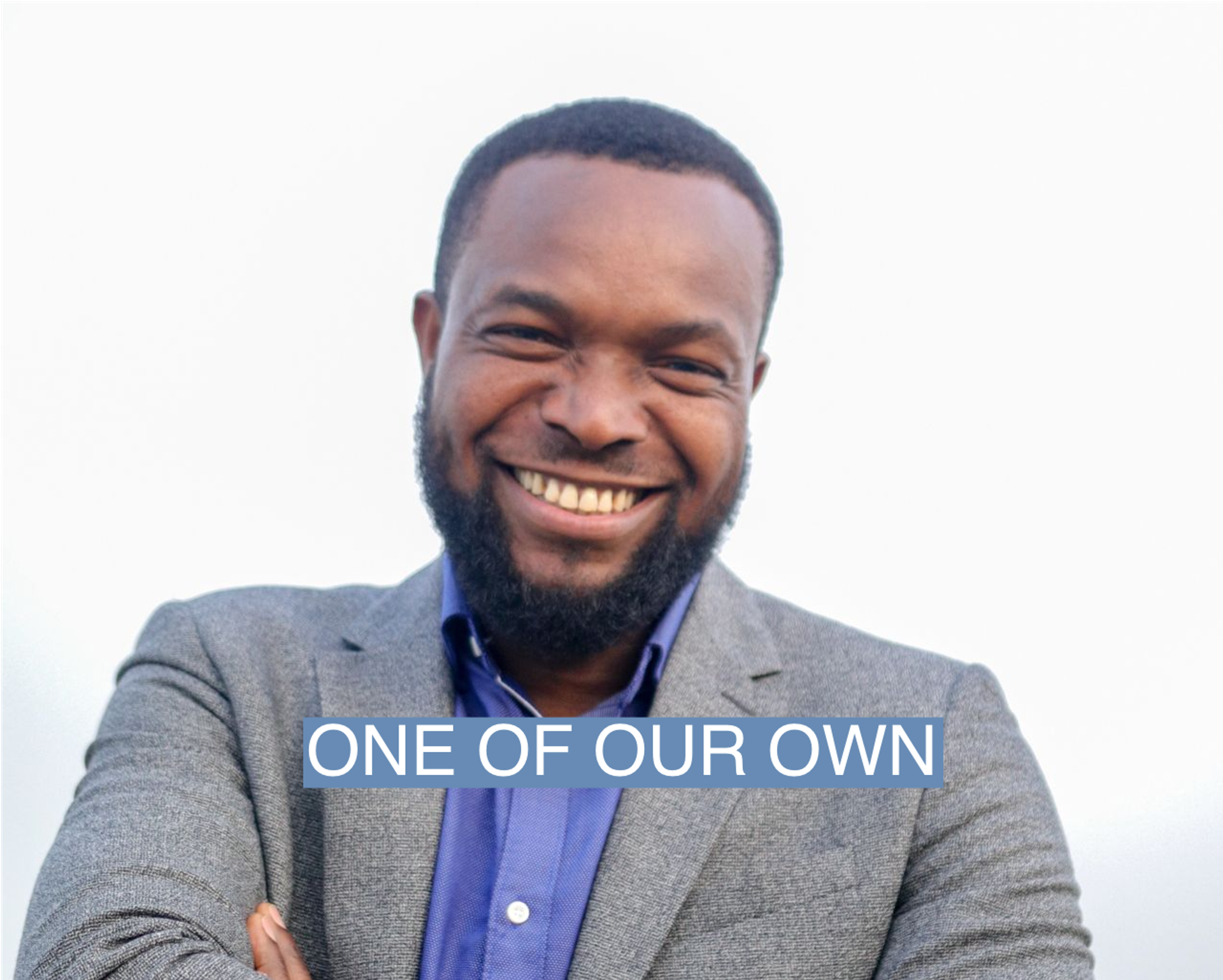The News
Nigerian tech investor and entrepreneur Bosun Tijani is in line to be the next minister of the country’s fast-growing digital economy after surviving a wave of objections by ruling party figures during a gruelling confirmation process.
Tijani was one of 45 nominees for President Bola Tinubu’s cabinet confirmed on Monday. He had directed stinging rebukes at the president and his predecessor Muhammadu Buhari in various old tweets that critics cited last week to declare him unfit to be minister. Some of Tijani’s pointed opinions were in the context of the previous administration’s suppressive response to the #ENDSARS protests against police brutality in October 2020 that were partly led by young tech workers. Others disparaged lawmakers and questioned those who chose to work for a “sick and disconnected” Buhari.
But after his confirmation yesterday, which followed him offering an apology to lawmakers during his senate screening on Saturday, the 46-year-old is on track to be the first member of Nigeria’s startup community to claim a cabinet position — a move executives say validates the growth of a thriving technology-driven economy. “It’s the triumph of competence and a watershed moment for us,” Iyin Aboyeji, general partner at venture firm Future Africa and co-founder of two Nigerian billion-dollar startups, told Semafor Africa.
In this article:
Know More
Tech companies have, within the last two decades, increased digitization in crucial aspects of Nigeria’s economy like in the banking and cashless payments sectors. Global investors seeking entry into Africa have taken notice, spurring milestone deals like Stripe’s $200 million acquisition of Paystack in 2020 and last year’s $320 million sale of data center provider MainOne to California-based multinational Equinix.
Tijani is credited for playing a part in that evolution. Co-Creation Hub, a company he co-founded in 2010, became a nursery for tech collaborations and made the Yaba district of Lagos “the foundation of an attractive destination for technology companies,” said Akin Oyebode, who previously led a Lagos government program for startups and is now finance commissioner in Ekiti.
CcHub, which has since expanded into Rwanda, Kenya and more recently Namibia, hosted Mark Zuckerberg’s much heralded visit to Nigeria in 2016. Tijani is known for tapping into his wide network to connect the local tech community with such high-profile visitors, including Twitter co-founder Jack Dorsey in 2019 and Bill Gates this year.
Alexander’s view
The excitement around Tijani’s nomination as well as the early backlash point to how important technology has become for the future of value creation in Nigeria. It has sparked a debate as to whether active political participation by tech industry professionals will be necessary to improve on what has been achieved.
With the rise of homegrown multimillion-dollar startups like Paystack and Flutterwave (which is valued at $3 billion) and billions of dollars flowing into local ecosystem over the last decade, the government and corporate establishment are paying more attention than ever to the sector.
A rising number of undergraduate students and young graduates are prioritizing careers in technology, signaling a generational shift from the last couple of decades when jobs in banking or oil and gas were most desired. It could now fall to Tijani to grow this digital sector to have the kind of “transformational impact” on Nigeria predicted by the World Bank years ago but which remains unrealized.
Nigeria’s unemployment rate is projected to cross 40% this year from 33% in 2020. At the same time, the country is losing tech workers to companies in developed economies as part of a brain drain wave. Some of the triggers, like internal security concerns and rising inflation, are beyond a digital economy minister’s direct control but there are gaps in digital skills and literacy that confine the pool of Nigeria’s tech workforce and innovation potential to Lagos.
Extending the foundations that spur tech talent to other parts of the country would be a win for Tijani and help achieve Tinubu’s need to create jobs in a country that will be the third most populous in the world by 2050, Oyebode told Semafor Africa. “Finding ways to immediately deepen broadband penetration by removing bottlenecks that hamper providers from expanding across the country would be a big win,” he says.
The View From Nairobi
“I think if you’re coming from the private sector, government will be very strange and complicated,” said Joe Mucheru, who led Google’s sub-Saharan Africa team before spending seven years as secretary for information communication and technology in the cabinet of immediate past Kenyan president Uhuru Kenyatta. “You begin to realize you don’t have as much authority or autonomy as you think,” he said in an interview earlier this year. He cautioned newcomers to government to manage expectations for what they can hope to achieve. Mucheru became president at JUMO, a fintech startup that operates in Africa, in January.
Notable
- Bill Gates, on a visit to Nigeria in June, was the guest at a fireside chat event Tijani moderated in Lagos in which the billionaire talked up Nigerian youth’s capacity to “solve big problems while turning a profit.”

